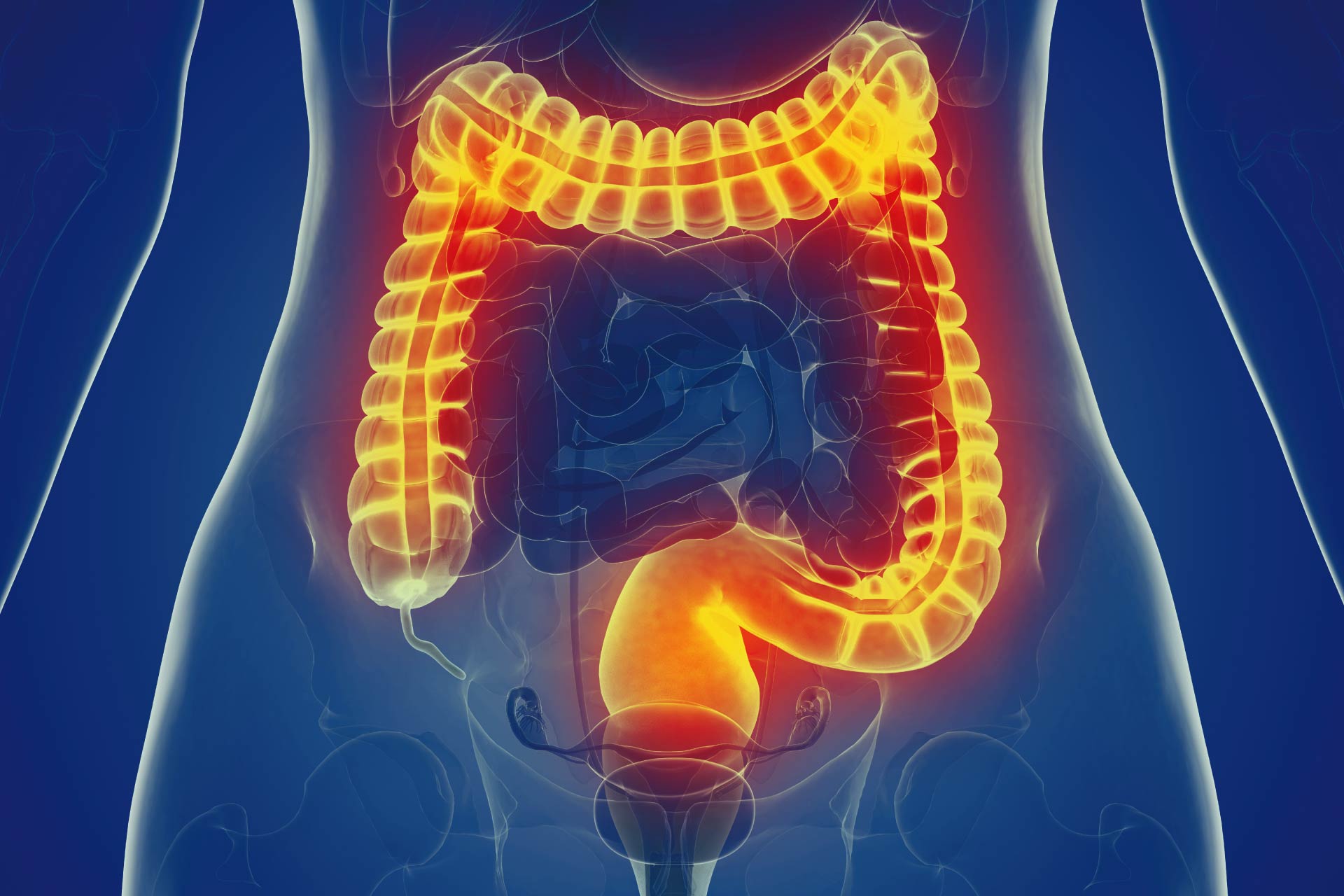• Immune coating
• Disease progression
What is already known on this topic
Alterations of the gut microbiota composition have been linked to inflammatory bowel disease (IBD), a term for conditions that are characterized by long-term inflammation of the gastrointestinal tract. Previous studies have shown that pro-inflammatory bacterial species are coated with a specific type of immune molecules called immunoglobulins A (IgA), but the full spectrum of microbes that may drive gut inflammation and IBD development remains to be defined.What this research adds
Researchers profiled the IgA coating of intestinal microbiota in 184 people with IBD and 32 healthy individuals. More than 40 bacterial taxa had higher IgA coating in people with IBD than in controls. IBD patients treated with drugs that suppress the immune system showed altered microbiota-specific IgA responses compared with controls. The team also identified bacterial species that were predictors of disease progression.Conclusion
The findings suggest that immune responses to the gut microbiota can be used as biomarkers of clinical course in IBD or as targets for the treatment or prevention of the condition.
Alterations of the gut microbiota composition have been linked to inflammatory bowel disease (IBD), a term for conditions that are characterized by long-term inflammation of the gastrointestinal tract. Now, researchers have identified distinct IBD-associated bacteria that are targeted by specific immune molecules.
The findings, published in Cell Host & Microbe, suggest that immune responses to the gut microbiota can be used as biomarkers of clinical course in IBD or as targets for the treatment or prevention of the condition.
Previous studies have suggested that specific members of the microbiota can trigger the development of IBD in some people by stimulating inflammatory responses in the gut. But the full spectrum of microbes that may drive gut inflammation and IBD development remains to be defined.
Scientists have known that some pro-inflammatory bacterial species are coated with a specific type of immune molecules called immunoglobulins A (IgA), and this coating can be used as a proxy to identify microbes that stimulate immune responses. So, Jose Clemente at Icahn School of Medicine at Mount Sinai and his colleagues profiled the IgA coating of the gut microbiota in 184 people with IBD and 32 healthy individuals.
Immune coating
The researchers first isolated bacteria coated with IgA from fecal samples, then sequenced their DNA. They identified 43 bacterial taxa that had substantially higher IgA coating in individuals with IBD than in healthy controls. Of these 43 species, 35 — including Bacteroides fragilis and Haemophilus parainfluenzae — also showed differences in their abundance between the two groups.
Other bacteria, including Collinsella and Clostridium perfringens, showed differential IgA coating but similar abundance in controls and people with IBD. Finally, the team identified several potentially ‘‘beneficial’’ microbes, such as Faecalibacterium prausnitzii, that were reduced in individuals with IBD.
IBD patients treated with drugs that suppress the immune system showed altered microbiota-specific IgA responses compared with controls. Immune modulators particularly affected the levels of Bacteroides uniformis and Ruminococcus sp., as well as the IgA coating of several microbes, including Micrococcaceae sp. and Anaerococcus sp.
Disease progression
Because of the importance of the interaction between the microbiota and the immune system in the progression of IBD, the researchers hypothesized that patterns of IgA coating of gut microbes may correlate with disease progression. The relative abundances of Erysipelotrichaceae sp. and Faecalibacterium prausnitzii as well as the IgA coating of Oscillospira were associated with a delay in bowel resection, a surgical procedure to remove a portion of the intestine that has been damaged by IBD.
“These patterns again emphasize the complementary nature of IgA coating and relative abundance and may serve as microbiome-based biomarkers for the prediction of disease progression,” the researchers say.
The ability to identify specific microbes based on their interactions with the immune system could also help to direct future microbial-based therapeutic approaches, they say.









